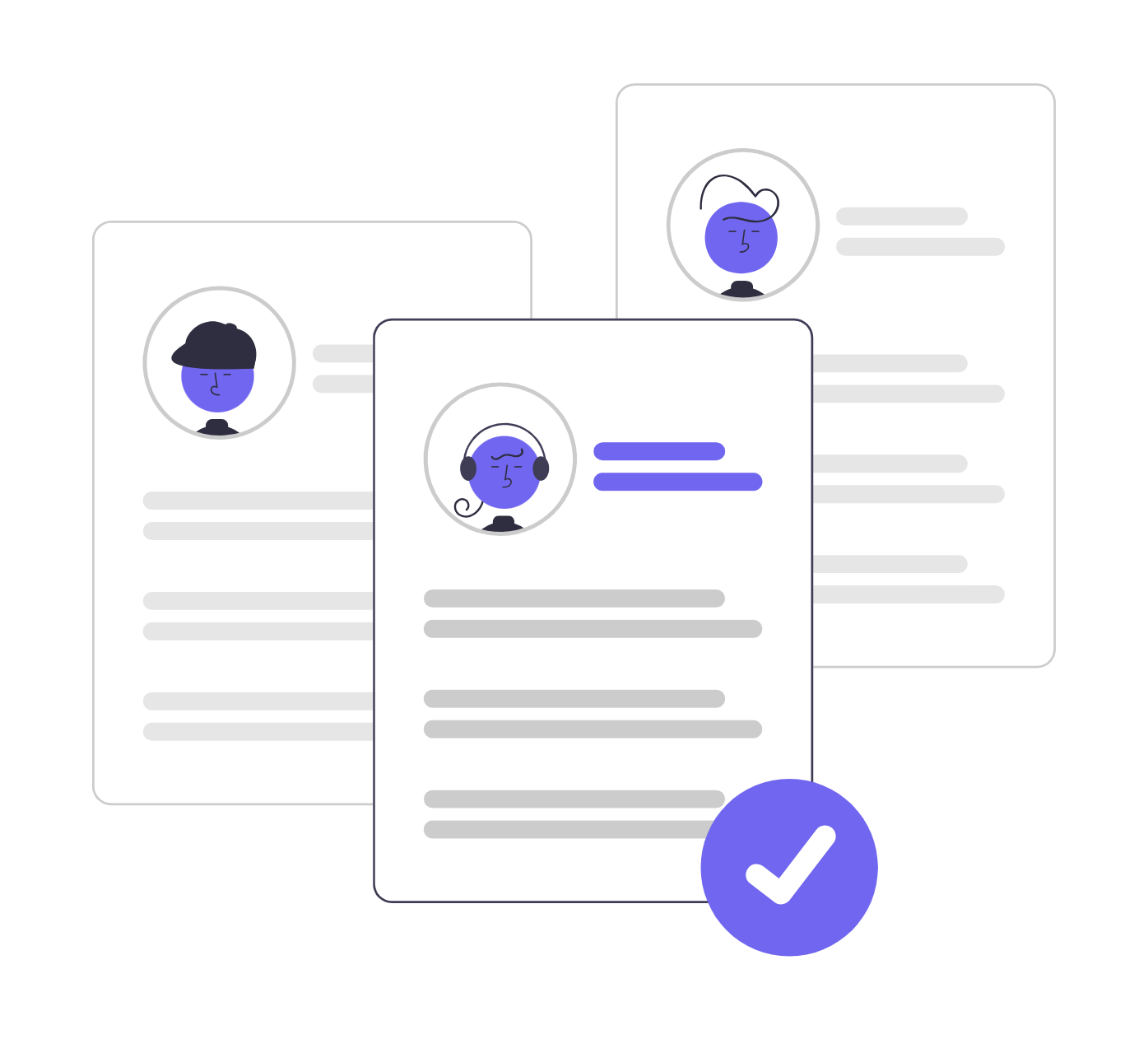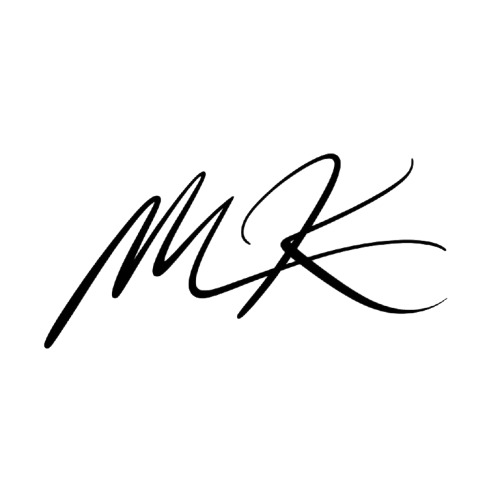Share

If you’ve done a simple online search on this topic, you’ve probably come across guides with a generic list of questions to ask a video editor that all look almost the same. But can such advice help you get the right video editor? Not really!
Here’s the problem:
In this age of AI, generic interview questions no longer work and will not help you make the right hire. This is because many candidates nowadays use AI interview assistants like Parakeet AI, AIapply, BeyzAI, or similar tools to auto-generate perfect, polished answers to traditional interview questions — even if they have little real-world experience.
We’ve seen this firsthand while hiring: someone can sound “perfect” without having any true editing skill.
👉 That’s why, if you want to find a genuinely skilled, reliable video editor, you should avoid interviewing a candidate the traditional way.
👌 The right way to interview a video editor is to keep your approach human-centric.
Focus on their memories, experiences, and emotions, and be on the lookout for AI-generated answers.
This guide will show you exactly how to do that, so read on!
Step 1: Start by Checking Their Portfolio
🎬 Want to save time while still ensuring you hire a genuinely skilled video editor? Use WorkScreen.io which automatically evaluates, scores and ranks candidates based on their performance to help you quickly identify the best! No more guesswork. Start today and hire the best faster!
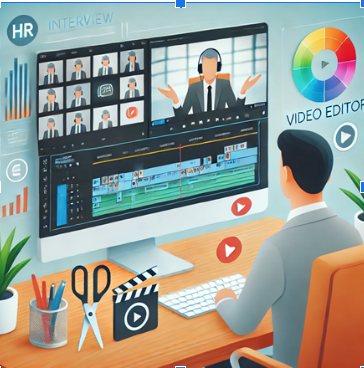
Before diving into questions, review their portfolio thoroughly. Looking at their past projects isn’t just about seeing “pretty videos” — it’s about verifying authenticity. Anyone can present good work. The question is: Did they actually create it, or is the portfolio someone else’s? From the portfolio, you can formulate smart questions that are designed to verify their real experience.
Here are examples of questions that you can ask a video editor to help you verify authenticity
- How did you approach editing your first video?
- What specific challenges did you face during editing your first video?
- Describe how you solved each challenge.
- What did your supervisor or client say about your first project? How did that feedback make you feel?
- When you edited your second video, was the experience easier? Did you notice any changes, or was it the same?
- What are the lessons you have learned from the first time you edited a video to date?
Once they have answered these questions, ask them more about your specific role. Some of the questions you can ask include the following:
- Where did you see this job post?
- What was the process of applying for this job?
- What drove you to apply for this job?
- What made this job stand out more than the others?
Why These Questions Matter:
These are not “yes” or “no” questions. They force the candidate to explain how exactly they came across your job post, something that AI tools cannot fake because a language learning model does not understand where you posted the job or how candidates apply.
If the candidate is authentic, their answers will feel genuine, with real-life context, small details, and emotional depth. If they’re bluffing or are using an AI assistant tool during the interview, you’ll notice hesitation, contradictions, or vague, disconnected answers. Check out this Reddit thread describing how hard it is to identify the best candidate due to the use of AI assistant tools in interviews.
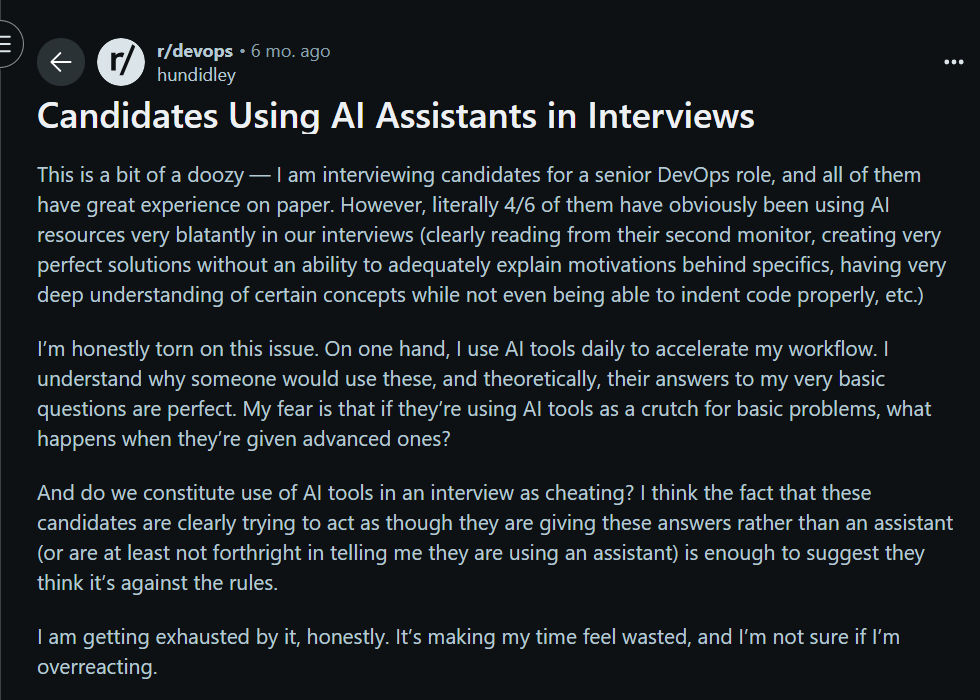
Source: https://www.reddit.com/r/devops/s/fB7KiB17Hj
To avoid such frustrations, ask questions that are challenging for a candidate to answer using a language learning model like ChatGPT.
Step 2: Dig Deeper Into Their History
Once you’ve verified their portfolio, dig deeper into their history with video editing. Ask questions that explore their background story as a video editor — this gives you better insight into skills, passion, and authenticity. Here are some questions you can ask to learn more about their journey as a video editor:
- How did you learn how to edit a video? Which year and day was this?
- What inspired you to make a career out of video editing?
- Describe the first time you edited a video for a client. What day was it? How did you feel? Were you nervous or confident that day?
Why These Questions Matter:
- You can spot real experience by the memories, feelings, and small details candidates share from their responses.
- AI tools can generate generic “perfect” answers — but they can’t replicate human memories, emotions, or experiences. This means that if a candidate can’t explain their editing journey in a detailed, natural way without hesitation, it’s a red flag that their portfolio might not be genuine and that they don’t have experience in video editing.
Step 3: Ask follow-up questions on top of their answers
You can easily tell whether a video editor is genuine or not by asking more in-depth questions beyond what they have already shared. For instance, once someone describes how they edited their first video, you can ask them this:
- Can you walk me through a mistake you made while editing your first video and how you corrected it?
This is a great follow-up question to ask, as it helps you gauge ownership and a learning mindset.
If, for instance, a candidate describes the kind of feedback they received from different clients or their supervisor while working on various projects, a good follow-up question would be something like:
- What feedback has stuck with you the most since you started this career, and why?
This is a good follow-up question because it helps you gauge whether they have grown and also shows their emotions.
Another scenario would be asking a candidate about the lessons they have learned from the first video they edited to the last one in their portfolio. Once a candidate answers this question, you can go deeper and ask them this:
- When you rewatch your old edits, what do you notice now that you didn’t notice then?
This is a good follow-up question since it helps reveal self-awareness and growth over time.
Besides asking follow-up questions, learn how to phrase important questions during an interview to quickly determine if a candidate is genuine or trying to cheat the system. For instance, instead of asking this:
Are you good at problem-solving?
Ask this:
Tell me about a time when an edit didn’t go as planned. How did you handle it?
This is a better approach since it makes it harder for someone trying to game the system to get past you and also helps you quickly test for problem-solving under pressure. It is an indirect way of asking them this:

Note: If someone reacts badly to human-centric questions or is hesitant to answer them, there’s a chance that the portfolio isn’t even theirs and they’re not authentic. If they can’t explain their journey in video editing, problems they had to overcome, and experiences over time, it’s a sign that you should not hire them.
Asking the right questions is crucial—but so is having the right tools. With WorkScreen.io, you can automatically flag AI-generated answers and focus only on candidates with real skills and experience. Sign up with WorkScreen.io now!
Step 4: If you still feel that you have not interviewed them enough, then you can add these questions to your list

1) What do you love the most about being a video editor?
❤️🔥Asking this question helps you assess a video editor’s passion for the job. This is essential for motivation and long-term success.
🎬 2) What were your primary duties in your last video editing job?
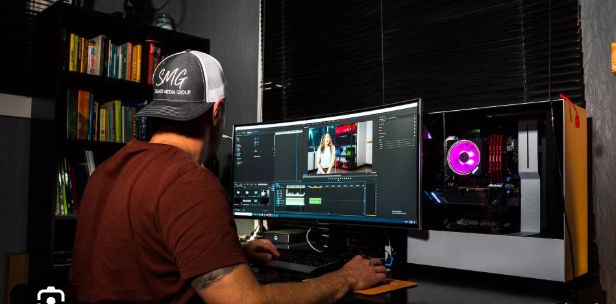
Asking this question helps you understand a candidate’s level of experience. It also helps you assess whether their previous roles align with your current needs.
🔍3) How do you usually ensure the technical quality of your videos?
Asking this question helps you gauge their attention to detail and commitment to delivering polished videos.
4) How do you normally approach editing raw footage into a high-quality final product?
This question helps you assess whether the candidate understands the editing process and whether they can deliver polished results.
5) How do you ensure smooth transitions between video clips?
The purpose of this question is to test a video editor’s technical skills as well as attention to detail.
6) How do you normally update yourself with advancements in video editing techniques and tools?
This question helps you evaluate the candidate’s ability to adapt to changes.
7) What is your approach to audio editing and sound design in video projects?
Asking this question helps you assess the candidate’s understanding of the value of audio in video production. It also helps you gauge whether they can integrate sound effectively.
💻8) Which video editing software have you been using?
Asking this question is crucial since it helps determine a candidate’s hands-on skills and ability to use industry-standard video editing tools to create high-quality content.
9) How do you adapt your video editing style to suit various projects?
This question helps you evaluate how flexible a video editor is and their ability to cater to clients’ needs.
10) How do you manage different video projects with high deadlines?
⌚Asking this question helps you evaluate the candidate’s time management skills. Getting a video editor with good time management skills will make it easy for them to handle multiple projects efficiently.
Quick tips for interviewing a video editor

Tip 1: Look for soft skills
Understanding what a good video editor looks like will help you make the right decision from the interview. A standout video editor is one who not only has technical skills but also possesses soft skills like patience, attention to detail, and a strong visual sense that enables them to make precise transitions to enhance storytelling.
92% of employers believe that soft skills are equally important to technical skills. According to a report, employees who received soft skills training reported a 63% positive impact on their performance. Do not choose a video editor based only on technical skills.
Tip 2: Ask some general questions, too
As you interview a video editor, ask a few general questions to learn more about their personality. This will help you determine whether they align with your company’s culture. For example, you can ask them this:
Describe your ideal work environment.
Final Thoughts
Before you interview a video editor, you need to be strategic and focus on human-centric questions, as they can help you identify a genuine candidate with real experience.
Asking the right questions helps you assess their journey, technical skills, soft skills, and their ability to perform in the role every day. So, do not just focus on generic questions that AI tools can easily answer, since they can lead to a bad hire.
💡 Ready to transform how you hire video editors—and every other role in your team? Use WorkScreen.io to make smart data-driven hiring decisions and avoid costly hiring mistakes!
FAQs
Some red flags include poor communication skills, lack of attention to detail, inability to meet deadlines, and difficulty explaining their creative process. If a candidate struggles to discuss past projects or lacks experience with industry-standard software, they may not be the best fit for the role.
You should ask operational interview questions since they will help you gauge whether a video editor can easily handle day-to-day tasks without inconveniences. Some of the operational questions you can ask include their hours of availability, their preferred communication method, and their openness to work from certain locations.

